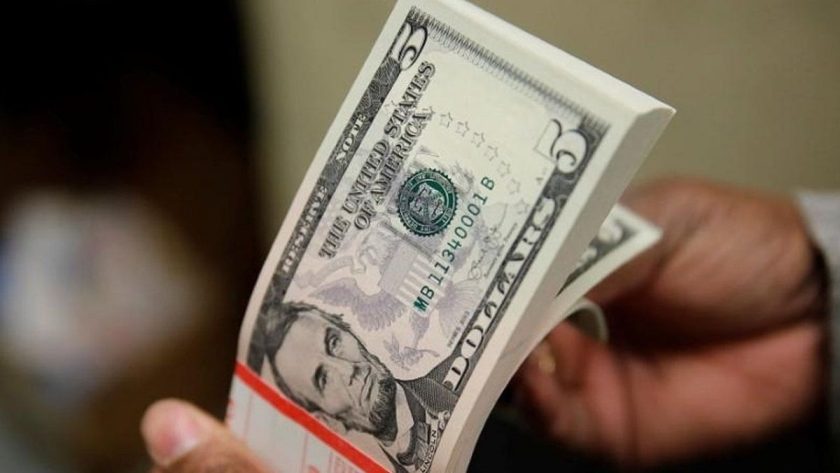Nigeria’s Eurobonds Yield Rises to 8.3% Ahead of $1.1bn Repayment
The Nigerian Eurobond market weakened as yields rose by 10 basis points to 8.27% at the international market, reflecting diminished investor confidence amid ongoing market uncertainties.
The average yield on US dollar-priced sovereign bonds has been uptrend in the last few weeks as market anticipates Nigeria’s repayment of $1.1 billion Eurobonds that will expire in Nov.
Fixed-income market analysts anticipate Nigeria’s borrowing costs at the international capital market to reduce due to a better macroeconomic indicator outlook and ratings upgrades.
While Nigeria’s $1.1 billion eurobond is expected to expire next month, the authority has a plan to raise an additional $2.3 billion from the market in Q4.
The market saw negative trading actions across African issuers as the drive for safe haven assets heated up in anticipation of a US Federal Reserve interest rate cut.
Markets sentiment continue to shake over a prolonged U.S. government shutdown, which could further dampen economic activity and crude demand, amplifying downside pressure.
Trading actions in showed that the African Eurobond market was bearish as investor sentiment remained risk-averse amidst declining oil prices. Oil rich African issuers’ US dollar bonds were sold down as global commodity prices fluctuate.
Gold buying is taking global market attention, and price per ounze has crossed $4000 against after previous retracement.
Eurobond investors riskoff persisted despite comments from Fed Chair Jerome Powell suggesting a potential openness to further rate cuts in the face of tariff induced inflationary pressures.
Trading activity was slightly weaker last week, with average yields rising by 8bps week on week to 8.06% following cautious global sentiment and profit-taking.
The mid curve papers—particularly the Mar-2029 and Feb-2030—rose 44 basis points and 22 basis points to 7.70% and 7.71%, respectively.
At the short end, the Nov-2025 yield declined by 26bps to 6.73% p.a., reflecting sustained preference for shorter durations amid global rate uncertainty.
The long dated papers (2049–2051) remained relatively stable, suggesting that investors continue to price in Nigeria’s fiscal position and oil revenue outlook conservatively
Analysts anticipate continuous bearish sentiment amidst escalating trade tension and declining oil price. Nigeria Infrastructure Debt Fund: A Steady Performer in Yield-Hungry Time

